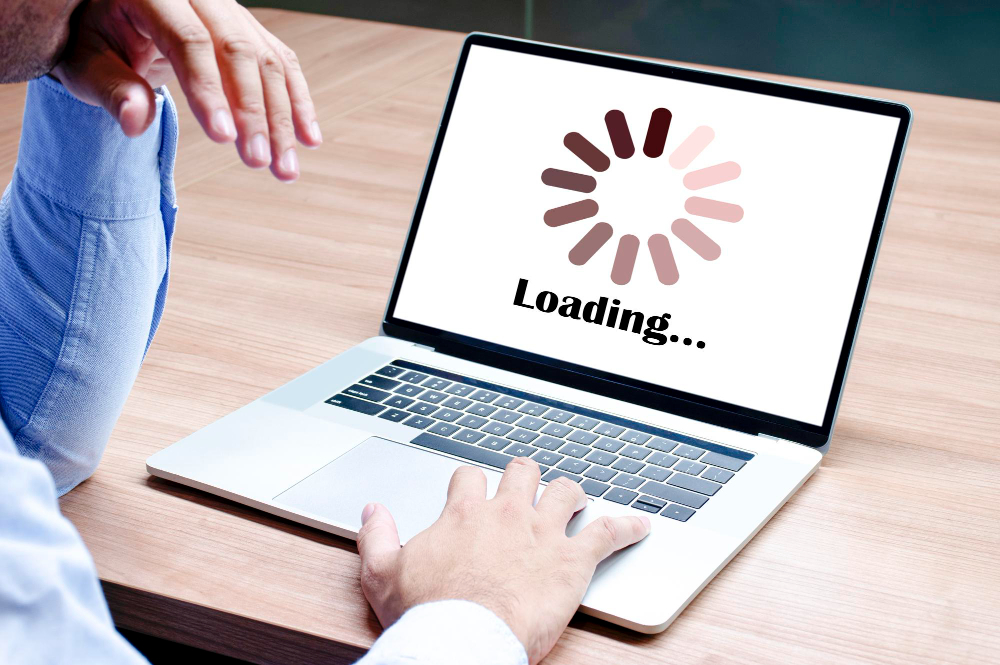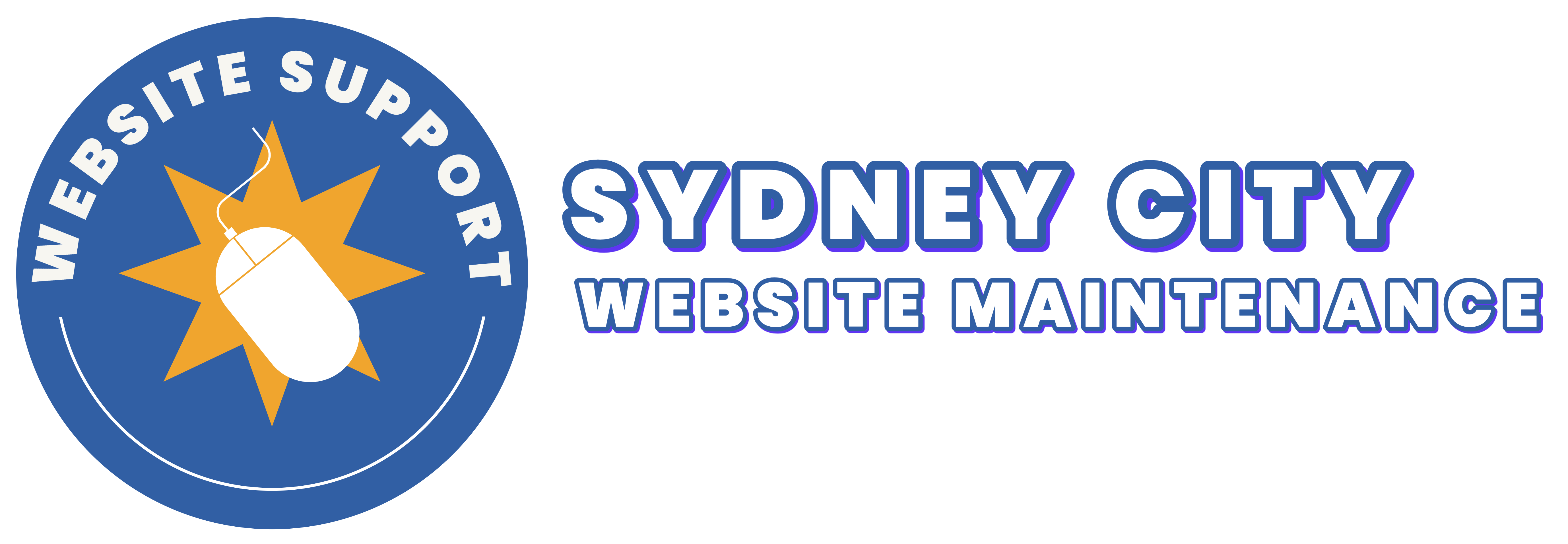Slow Site? Improve Speed with These Tips
A slow website can frustrate visitors and drive them away before they even see what you have to offer. If your pages take too long to load, you’re not just losing traffic—you’re also hurting your search rankings and conversions. Speed matters, and the good news is that you don’t need to be a tech expert to fix it. With a few simple tweaks, you can improve your site’s performance and create a better experience for your audience.
From optimizing images to reducing unnecessary plugins, small changes can make a big difference. In this guide, we’ll break down easy, effective ways to boost your site’s speed. Whether you run a blog, an online store, or a business website, these tips will help you keep visitors engaged and improve your overall performance.
Slow Site Fix It Fast with These Proven Tips
A slow website can cost you visitors and revenue. If your pages take forever to load, users will leave before they even see what you have to offer. Search engines also prioritize fast-loading sites, meaning a sluggish website could hurt your rankings. The good news is that improving your site’s speed doesn’t have to be complicated. By addressing common issues like large images, excessive plugins, and inefficient coding, you can make a noticeable difference in performance.
Simple fixes, such as enabling caching and using a content delivery network (CDN), can significantly reduce load times. Compressing images and minimizing scripts also help streamline your site’s functionality. With these proven strategies, you can improve speed, enhance user experience, and increase engagement.
Easy Ways to Improve Your Website Speed Today

Website speed directly impacts user satisfaction, SEO rankings, and conversion rates. If your site is running slow, it’s time to make changes. Start by checking your hosting plan—cheap or shared hosting can cause performance issues. Upgrading to a better server or switching to a faster hosting provider can instantly boost speed. Another quick fix is to optimize your images. Large, uncompressed files slow down loading times, so using proper formats and compression tools can improve performance.
Another simple way to speed up your website is by reducing HTTP requests. Every element on a page—images, scripts, and stylesheets—adds to the loading time. Minimizing unnecessary elements and combining CSS or JavaScript files can make a significant difference. Enabling lazy loading, which loads images only when needed, also helps. These small yet powerful changes can transform a sluggish site into a fast and efficient one.
Struggling with a Slow Website Try These Fixes
A slow website can frustrate users and lead to higher bounce rates. Visitors expect a page to load in seconds, and if it doesn’t, they move on. The first step to fixing speed issues is identifying the cause. Use tools like Google PageSpeed Insights or GTmetrix to pinpoint problem areas. Often, bloated code, large media files, and excessive redirects are the main culprits. Addressing these can make an immediate impact.
To further improve performance, enable browser caching. This allows returning visitors to load pages faster by storing static files. Additionally, using a lightweight theme and limiting third-party scripts can reduce unnecessary strain on your server. Implementing these solutions ensures a faster website, better engagement, and higher search engine rankings.
Boost Your Site Performance with These Solutions
Your website’s speed affects everything from user experience to conversion rates. A sluggish site can turn potential customers away, lowering engagement and revenue. One of the biggest causes of slow load times is unoptimized code. Cleaning up HTML, CSS, and JavaScript files by removing unnecessary characters or whitespace can significantly enhance performance. Minifying these files ensures they load quickly without extra weight slowing them down.
Another way to optimize performance is by using a reliable content delivery network (CDN). A CDN distributes your website’s content across multiple global servers, reducing the distance data needs to travel. This speeds up load times for visitors regardless of location. Combined with optimized code, these solutions help keep your site running smoothly and efficiently.
Quick Steps to Speed Up Your Sluggish Website
A slow-loading website can hurt your brand’s credibility and push visitors away. If your site is lagging, one of the first things to check is your hosting provider. Cheap, shared hosting plans often result in slower load times due to high server demand. Upgrading to a dedicated or cloud-based hosting plan can instantly improve performance. Additionally, optimizing your database by removing unnecessary files and revisions can make a difference.
Another simple yet effective trick is enabling gzip compression. This reduces the file size of your website’s pages, making them load faster without sacrificing quality. Additionally, eliminating unnecessary plugins and using a lightweight theme can help prevent excess resource usage. Implementing these steps ensures a seamless experience for visitors while improving site speed.
Simple Tricks to Make Your Website Load Faster
Website speed plays a crucial role in keeping visitors engaged. If your site takes too long to load, people won’t wait—they’ll go elsewhere. One of the easiest ways to fix this is by reducing image sizes. Large image files slow down load times, but using formats like WebP and compression tools can solve this problem without compromising quality. Additionally, keeping your site’s software, plugins, and themes updated prevents performance issues.
Another key factor is reducing server response time. Slow servers lead to slow websites, so choosing a high-performance hosting provider is essential. Caching is another easy way to improve speed. It stores frequently accessed data, reducing the need to reload the entire page each visit. These small but effective tricks keep your site running efficiently.
Improve Your Site Speed with These Smart Hacks
A slow website can lead to lost traffic, lower rankings, and reduced conversions. To ensure smooth performance, one of the best hacks is enabling lazy loading. This feature delays loading images and videos until they are needed, reducing the initial load time. It’s a great way to improve speed without sacrificing visual content. Another smart trick is using asynchronous loading for JavaScript, allowing scripts to load simultaneously rather than one at a time.
Reducing redirects also plays a major role in website speed. Too many redirects force the browser to send multiple requests, adding unnecessary delays. Regularly auditing your site and eliminating unnecessary redirects can improve loading times. When combined with a solid hosting plan and optimized images, these smart hacks make a big difference in performance.
Say Goodbye to Slow Load Times with These Tips
No one likes waiting for a website to load. If your site takes longer than a few seconds, visitors are likely to leave. One simple way to speed things up is by using a lightweight theme. Many themes come packed with extra features and scripts that slow down your site. Choosing a minimal, well-coded theme ensures faster performance without unnecessary bloat. Additionally, limiting the use of external fonts and icons can further reduce load times.
Another important step is to monitor and optimize your website’s scripts. Too many third-party scripts—such as tracking codes, ads, or chat widgets—can add extra weight and slow down performance. Removing unnecessary scripts and loading essential ones asynchronously helps keep your website running smoothly. By making these changes, you can provide a faster, better user experience.
Conclusion
A slow website doesn’t just frustrate visitors—it costs you traffic, leads, and potential revenue. The good news is that small changes can make a big difference. Optimizing images, enabling caching, and upgrading hosting are just a few ways to speed things up. A fast site keeps users engaged, improves search rankings, and creates a better overall experience.
Need help fixing your website’s speed? Sydney City Website Maintenance specializes in optimizing and maintaining websites for businesses in Sydney, NSW. Whether it’s sluggish load times, outdated plugins, or technical issues, we’ll get your site running smoothly. Contact us today to ensure your website performs at its best.
